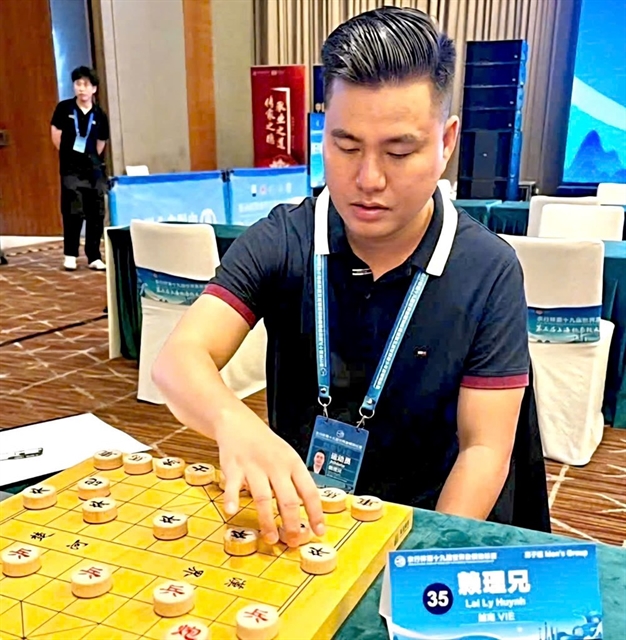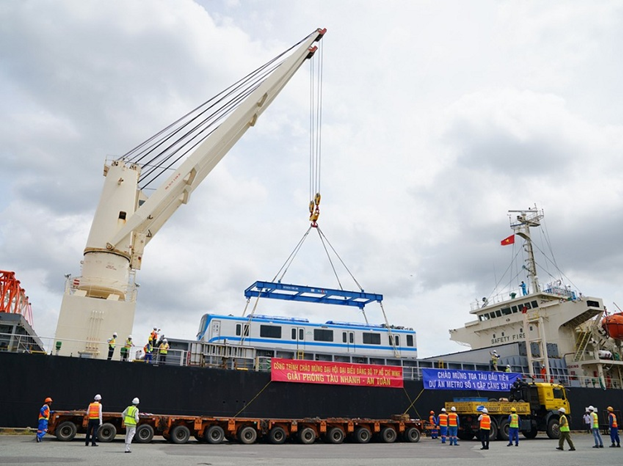 Media-OutReach Newswire
Media-OutReach Newswire

HONG KONG,CHINA - Media OutReach - 31 July 2018 - Vivid memories and emotions about things affect our perceptions of when theytook place, but can the chance of them happening again also influence how weregard the past?
Those of us who watched the Hollywood hit movie, LaLa Land, which focuses on a bitter-sweet love affair between a musician and anaspiring actress, may have been reminded of experiences we had with a formerboyfriend or girlfriend.
When talking to colleagues and friends, they allagreed that their past experiences with their former partners -- whether takinga vacation in Bali, for example, or going out for dinner, having a fight, orjust a conversation -- feel particularly remote now. Why is this?
Research has shown that the vividness of a pasttrip and the emotions associated with it can influence people's perceptions ofwhen it took place. But can our perceived future also influence our pastmemories?
The findings of the published paper, "LookingForward and Looking Back: The Likelihood of an Event's Future ReoccurrenceAffects Perceptions of the Time It Occurred in the Past" by PhD Candidate Kao Si,Visiting Professor Robert S. Wyer,and Associate Professor Xianchi Dai,all from the Department of Marketing at The Chinese University of Hong Kong(CUHK) Business School, have provided some useful answers to these questions.
Lookingat a Past Trip and its Possible Reoccurrence
In the research, the researchers consideredanother determinant -- the likelihood of the event occurring again.Specifically, they suggested that people consider past events to be moredistant if the chance of their reoccurrence is low.
A past vacation in Bali, for example, seemsmore remote to people if they will never go there again, rather than if theyare likely to return next year.
Their hypothesis isbased on two assumptions: First, that people believe a futureevent to be more imminent if there is high -- rather than low -- likelihood of itoccurring. Second, people's perceptions of when a former event will reoccurhave a positive influence on their judgments about when it previously tookplace.
TheStudies
More than 1,300 people took part in sixstudies. In one of the studies, the researchers asked participants to recallthe most recent New Year's Eve they spent in a location other than theirhometown or place of residence and write down where they went, the people theywere with and what they did.
The researchers also asked the participants torate how long ago it felt since the event occurred, using a scale from 1 (feelslike yesterday/feels very close) to 9 (feels very far away/feels very distant);the likelihood of them returning there and meeting the same people, also on ascale from 1 (not at all feasible) to 9 (very feasible); and things such as howvivid and emotional their memories were.
As a result, they found evidence that participants regarded apast event that was unlikely to reoccur as being more distant.
In another study, participants were questionedabout a past vacation and how distant it felt to them today; they were alsoasked to estimate the number of years before they would take another trip tothe same place.
The result revealed that participants who weremade to think that the future holiday was unlikely ended up estimating a longerperiod till when they would make a return trip. He also estimated the timesince their past vacation to be longer when they felt it was very unlikely thatthe future holiday would reoccur.
In the final study, involving fixed events inthe future, took place about 12 months before the 2016 Rio Olympics. Theresearchers manipulated participants' judgments about how long it was until thestart of the next Summer Games by first focusing their attention on either anear or a distant sports event.
Half of the participants were asked to thinkfirst about the coming NBA finals -- only three weeks away at the time -- whichled them to regard the approaching Olympics as relatively distant.
The other half was asked to think first aboutthe 2018 FIFA World Cup in Russia -- then three years away -- which led them toview that the forthcoming Olympics as closer.
Participants were then asked to indicate howlong it seemed since the last Olympics had taken place.
Logic might suggest that the more imminent thenext Olympics are then the more time that has elapsed since the previous Games.But people's answers contradicted this: The farther away participants felt thenext Olympics to be, the farther away they also felt the last Olympics to be.
SoWhat did the Research Discover?
Research has shown that people's memories andappraisal of the past can be influenced by their current goals, motivations,and beliefs.
However, few studies have investigated whetherpeople's perceptions of the future can affect their judgments of the time anevent occurred in the past.
This research found that a past event isperceived to have occurred more recently if it is likely -- rather than unlikely-- to reoccur.
The results suggest an event's likelihood ofreoccurring influences the perception of the time it will occur in future andthat this perception, in turn, affects judgments about when the event tookplace in the past.
It should be noted their research focusedalmost exclusively on positive events, not things that could stir up negativefeelings, such as a trip to the dentist or a car accident.
Also special or extraordinary personal events,such as a wedding, were not examined. Based on the current findings, theresearchers speculate that the observed effect may be reduced, for bothnegative and special events, because people rarely anticipate or consider theywill reoccur in the future.
Other explanations may also explain the currentfindings. One interesting idea is that people may want to distance themselvesfrom a past event that was desirable, but was nevertheless unlikely to occur again,to reduce feelings of wistfulness. Such an alternative suggestion is notincompatible with the findings of this research.
PracticalImplications of the Findings
The research could prove useful to marketersand retailers in future advertising campaigns because of the crucial role thatmemory and time perception play in shaping consumers' decisions.
One study showed that under some circumstancesa person's desire to do something -- perhaps take an exotic holiday -- becomesstronger if they feel it is a long time since they last indulged.
Yet the research highlighted a previouslyignored subtlety of marketing. Often great efforts have been taken to emphasisejust how easy it is to do something, but the studies suggested that doing socould also backfire: when people perceive they are highly likely to indulge insomething again they may feel more closely connected to these past events andare not so drawn to try them again in future.
The research also indicated that some form ofvicious cycle may negatively affect the effectiveness of consumers who try toself-regulate their behavior -- specifically those who choose to set their ownrules or constraints. Such consumers may want to manage their finances, forexample, by limiting the frequency and amount they spend on holidays, ordeliberately buy fewer cigarettes each time they run out as part of efforts tostop smoking.
Such self-imposed limits could be effective,but the research suggested that they may also backfire. As the constraints onconsumers imply a reduced likelihood of the event -- such as taking holidays orsmoking cigarettes -- in the future, people may feel the last time they indulgedin the activity to be more distant, and therefore finding it more alluring. Sothe restrictions these people give themselves may actually make it easier forthem to justify their indulgent behaviors -- and encourage them to do it again.
Reference:
Kao Si, Robert S.Wyer, and Xianchi Dai (2016), "LookingForward and Looking Back: The Likelihood of an Event's Future ReoccurrenceAffects Perceptions of the Time It Occurred in the Past," Personality and Social Psychology Bulletin,42(11), 1577-1587.
This article wasfirst published in the China Business Knowledge website by CUHK BusinessSchool: https://bit.ly/2LKwgqQ.
About CUHK Business School
CUHKBusiness School comprises two schools -- Accountancy and Hotel andTourism Management -- and four departments -- Decision Sciences andManagerial Economics, Finance, Management and Marketing. Establishedin Hong Kong in 1963, it is the first business school to offer BBA, MBA andExecutive MBA programmes in the region. Today, the Schooloffers 8 undergraduate programmes and 20graduate programmes including MBA, EMBA,Master, MSc, MPhil and Ph.D.
Inthe Financial Times Global MBA Ranking 2018,CUHK MBA is ranked 43rd. In FT's 2017 EMBA ranking, CUHK EMBA is ranked 32ndin the world. CUHK Business School has the largest number of business alumni (34,000+)among universities/business schools in Hong Kong -- many of whom are keybusiness leaders. The School currently has about 4,400undergraduate and postgraduate students and Professor Kalok Chan is the Dean ofCUHK Business School.
More information is available at www.bschool.cuhk.edu.hkor by connecting with CUHK Business Schoolon Facebook: www.facebook.com/cuhkbschooland LinkedIn: www.linkedin.com/school/3923680/.




